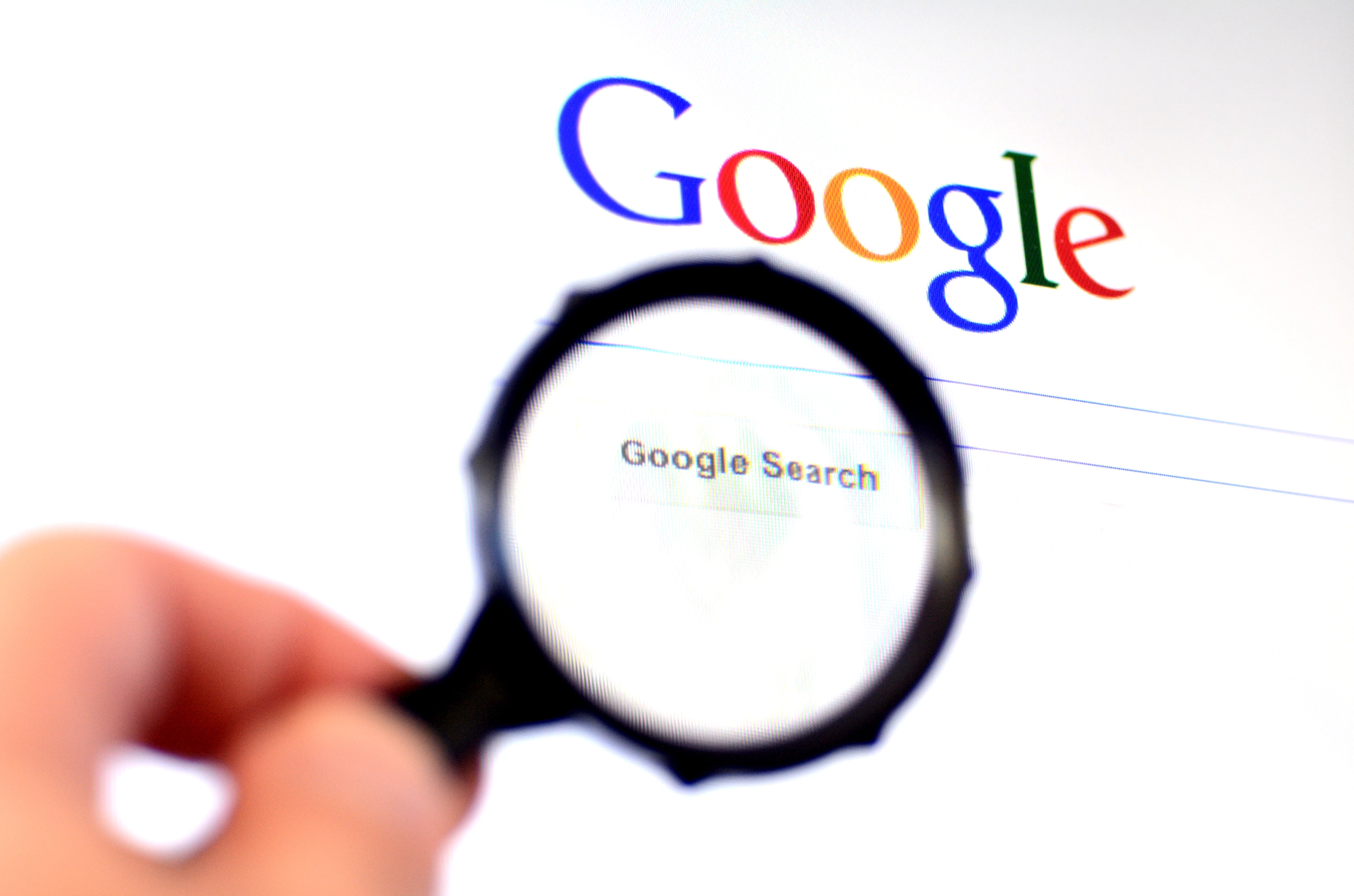 By Jay Bemis | Advertising Systems Inc.
By Jay Bemis | Advertising Systems Inc.
We’ve had our fair share of covering ongoing disputes between tech giants as of late, but alas, there have been resolutions in a couple of them:
- FOX and YouTube TV have agreed to end their carriage fees dispute just in time for both the 2025 college and NFL seasons.
When we last wrote about these contract talks, Google, the owner of the YouTube TV streaming service, announced that it had reached a short-term extension with Fox that prevented its channels — the Fox Broadcast Network, Fox News, and Fox Sports — from going dark on the eve of college football season.
But since that short-term extension was reached Aug. 27, the two sides have announced that they now have agreed to a full deal, which will keep Fox channels on YouTube TV’s airwaves for the foreseeable future.
“We’re happy to share that we’ve reached a deal with Fox to keep their content on YouTube TV,” YouTube said when announcing the fuller-term deal. “This means that Fox channels, including the Fox Broadcast Network, Fox News and Fox Sports, remain available, and football fans will not miss any of the action … .”
- Google will not have to sell its Chrome browser to address its illegal monopoly in online search, DC District Court Judge Amit Mehta ruled earlier this month.
Mehta declined to grant some of the more ambitious proposals that Justice Department lawyers had sought to remedy Google’s behavior and restore competition to the market. Besides allowing Google to keep Chrome, he’ll also let the company continue to pay distribution partners for preloading or placement of its search or AI products.
However, per Justice Department wishes, Mehta did order Google to share some valuable search information with rivals that could help jumpstart their ability to compete. And, he also barred the search giant from making exclusive deals to distribute its search or AI assistant products in ways that might cut off distribution for rivals.
Lauren Feiner, a senior policy reporter at The Verge, called Mehta’s decisions “the most significant antitrust remedies ruling against a tech giant in about 25 years, since the DOJ’s case against Microsoft.”
“While it marks a major milestone in the case, it could still be years until Google is actually required to implement these solutions — if ever,” she wrote.
“Now that Mehta has handed down his remedies ruling, Google can finally appeal his underlying finding that it’s an illegal monopolist. From there, the case could go as far as the Supreme Court.”
DuckDuckGo CEO Gabriel Weinberg was more critical of the ruling. Testifying in the case as a search competitor on behalf of the government, Weinberg said Mehta’s ruling would not be effective.
“Google will still be allowed to continue to use its monopoly to hold back competitors, including in AI search,” he said.
“As a result, consumers will continue to suffer. We believe Congress should now step in to swiftly make Google do the thing it fears the most: compete on a level playing field.”
Also not holding back when commenting on Mehta’s ruling was Nidhi Hegde, executive director of the American Economic Liberties Project, a group that’s advocated for stronger antitrust enforcement against the tech industry.
“You don’t find someone guilty of robbing a bank and then sentence him to writing a thank-you note for the loot,” Hegde said.
“Similarly, you don’t find Google liable for monopolization and then write a remedy that lets it protect its monopoly. This feckless remedy to the most storied case of monopolization of the past quarter-century is a complete failure of his duty and must be appealed.”
